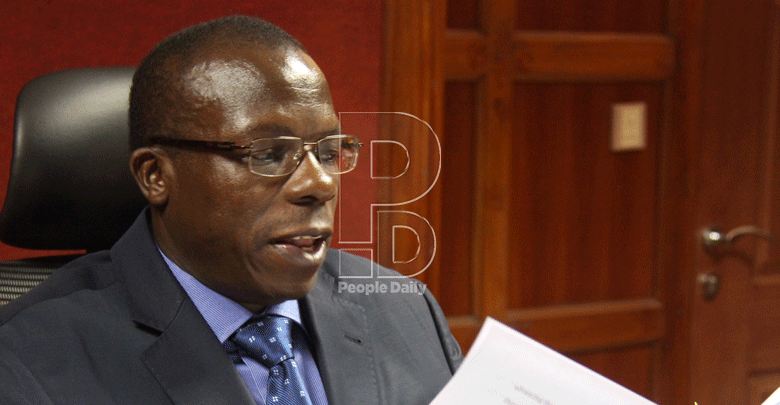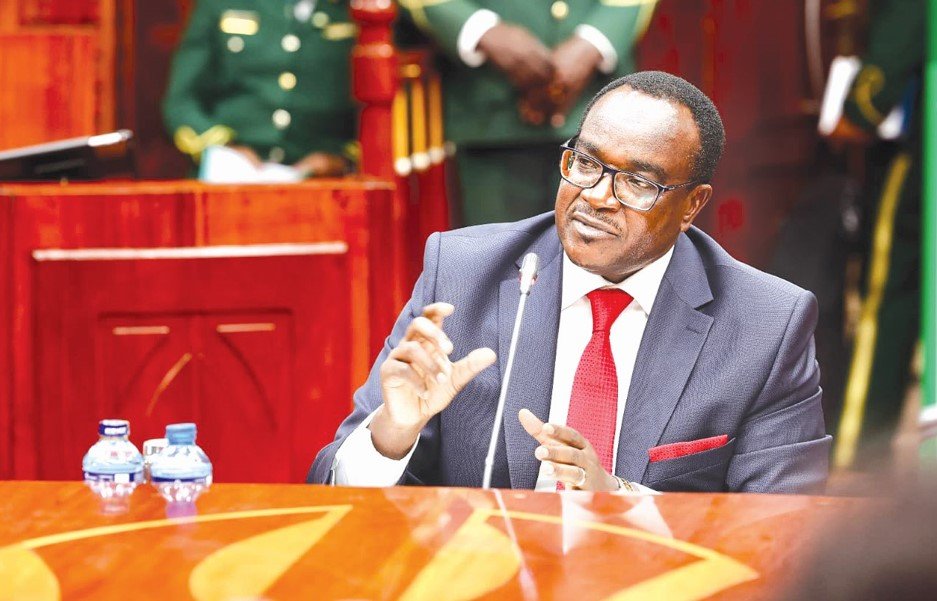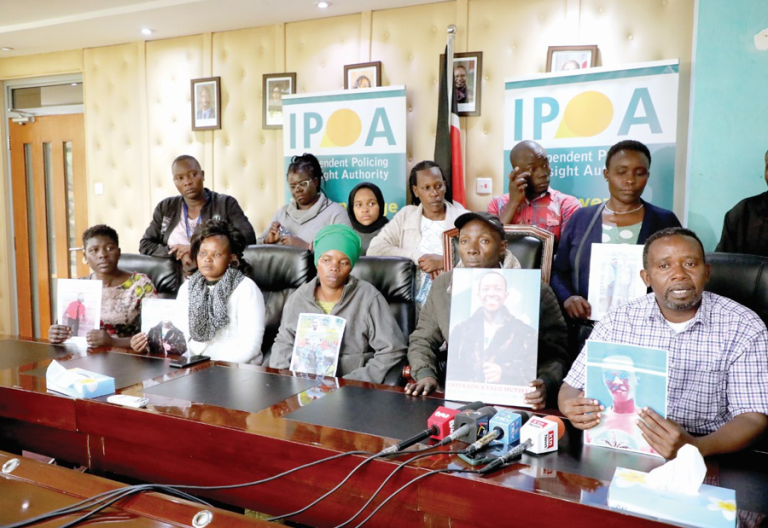Petitioners want Uhuru forced to appoint judges

Noah Cheploen and Bernice Mbugua
Two residents of Nakuru yesterday moved to court to challenge President Uhuru Kenyatta’s refusal to appoint six judges recommended by the Judicial Service Commission (JSC), saying he had contravened the Constitution.
Through lawyer Kipkoech Ng’etich, the applicants argue the President’s decision was “unlawful, unreasonable and procedurally unfair”, adding that the six judges should be sworn in immediately.
Ng’etich said his clients, Peter Okiro and John Ouma, were seeking orders from the court to compel Uhuru to swear in the six judges.
“He (President) doesn’t have the power to change, review or reject any persons recommended for appointment by Judicial Service Commission (JSC),” they said.
“Therefore, his actions were ultra vires, an abuse of power and were taken in bad faith.”
The applicants argue that there were no grounds for the President to reject the six judges, particularly after they were publicly vetted, interviewed and recommended for appointment by the JSC.
They said members of the public were asked to present their petitions after the candidates were shortlisted.
Judicial independence
Reports on their competence and integrity were also received from professional bodies such as Law Society of Kenya and investigative agencies such as the National Intelligence Service and the Kenya Revenue Authority.
Others are the Directorate of Criminal Investigations, Credit Reference Bureau and the Ethics and Anti-Corruption Commission, the applicants said.
“Therefore, the role of the President is purely formalisation of a completed action,” they stated.
“It is discriminatory, unlawful, unreasonable and procedurally unfair exercise of his administrative power. Above all, it is in violation of Articles 166 (1) as read with Article 172 (1) (a) of the Constitution,” they argued.
They further said the President’s decision was an affront on the independence of the Judiciary. “We want the six judges sworn in immediately,” said Ng’etich.
The six judges left out are justices George Odunga, Joel Ngugi, Weldon Korir, Aggrey Muchelule, Evans Makori and Judith Omange, who is the registrar of the High Court.
The matter will be heard on June 14.
Former Chief Justice Willy Mutunga also waded into the dispute, demanding that the President appoints the six judges he left out last week.
Mutunga said the provisions on the appointment of judges is clearly articulated in Article 166, as well as the Judicial Service Act.
“JSC discharged its mandate properly and completely in 2019 by recommending for appointment 41 judges. The president, by dint of plain, clear constitutional provisions, and numerous court orders, is obliged to appoint all the recommended judges without hesitation, review, or negotiation,” he said in the statement.
Separately, a petition which challenges the appointment of a partial list of the 41 judges is expected to be mentioned today before a three-judge High Court bench.
Katiba Institute had filed the petition on June 21 last year arguing that there were reasonable grounds and fears that the President was planning to appoint only a few of the judges.
Katiba Institute suit
In July 2019, JSC interviewed, recruited, and recommended 41 people for appointment as judges to the Court of Appeal, the Employment and Labour Relations Court and the Environment and Land Court.
One of the nominees died last year in a road accident.
The President, however, refused to gazette or appoint the recommended judges until last week when he appointed 34 judges and rejected six.
Katiba Institute is expected to raise the issue of those left out when the matter comes up today.
“Partial appointment of the nominated judges would illegally serve as a constructive removal of any nominee, who is already a sitting judge and is excluded from the partial appointment,” the lobby argues through lawyer Dudley Ochiel.
They had named the President, Attorney General Kihara Kariuki and the Chief Justice as respondents in the suit.
Justices William Musyoka, James Wakiaga and George Dulu had ruled in the matter that the President can be sued for any actions or omission by him in exercise of his constitutional and statutory functions.
Katiba Institute had claimed selective appointment of judges would undermine the functions and powers of the commission and the functioning of the Judiciary.







